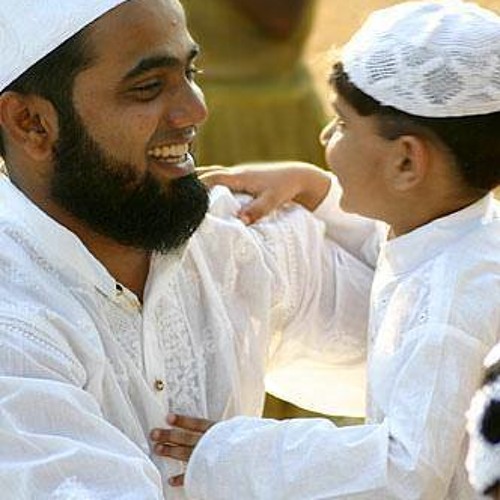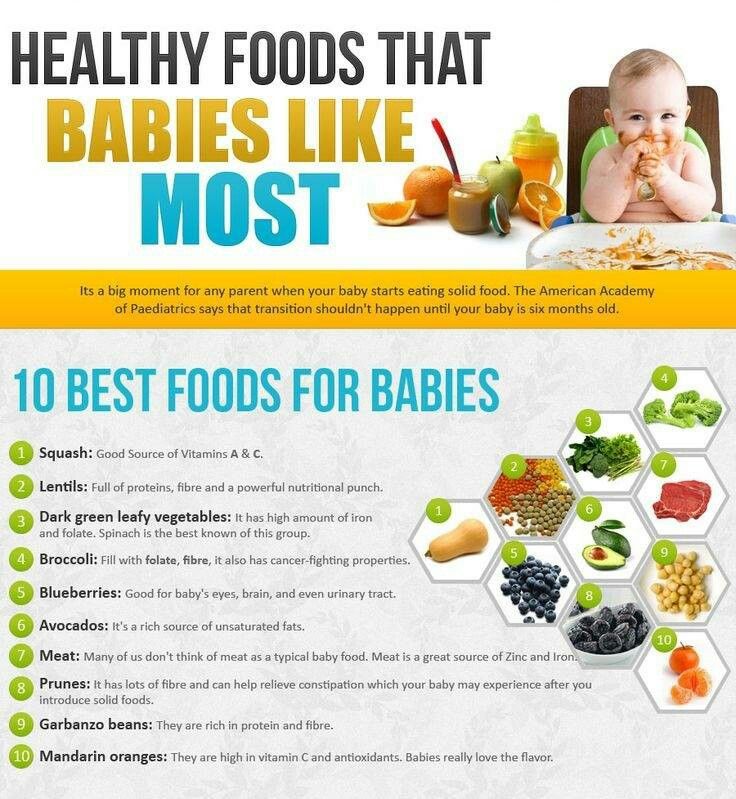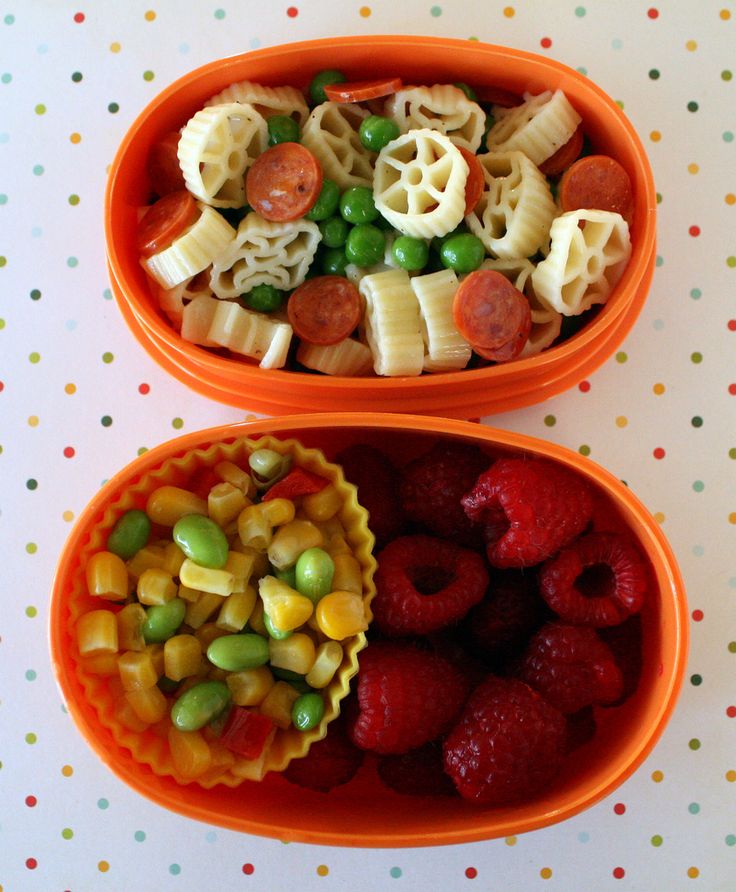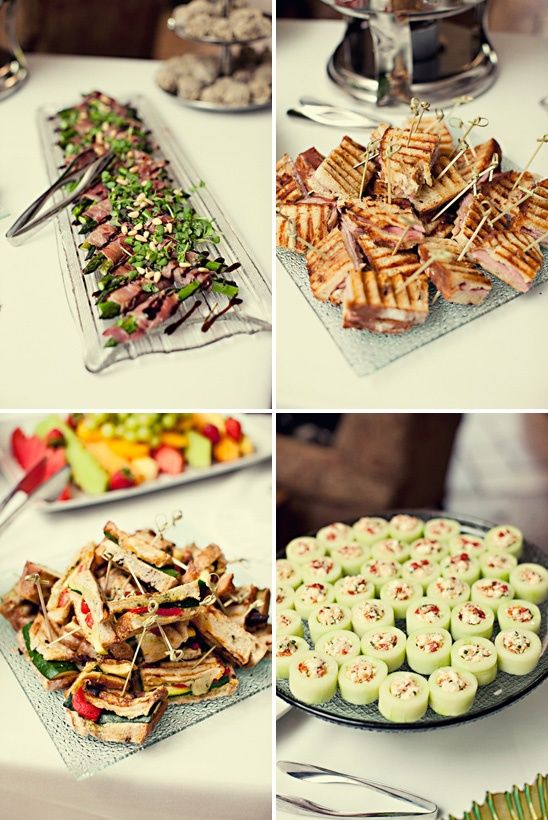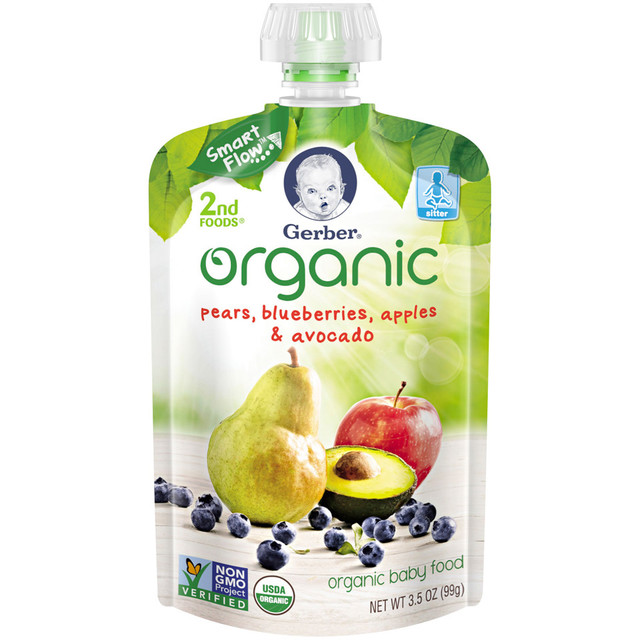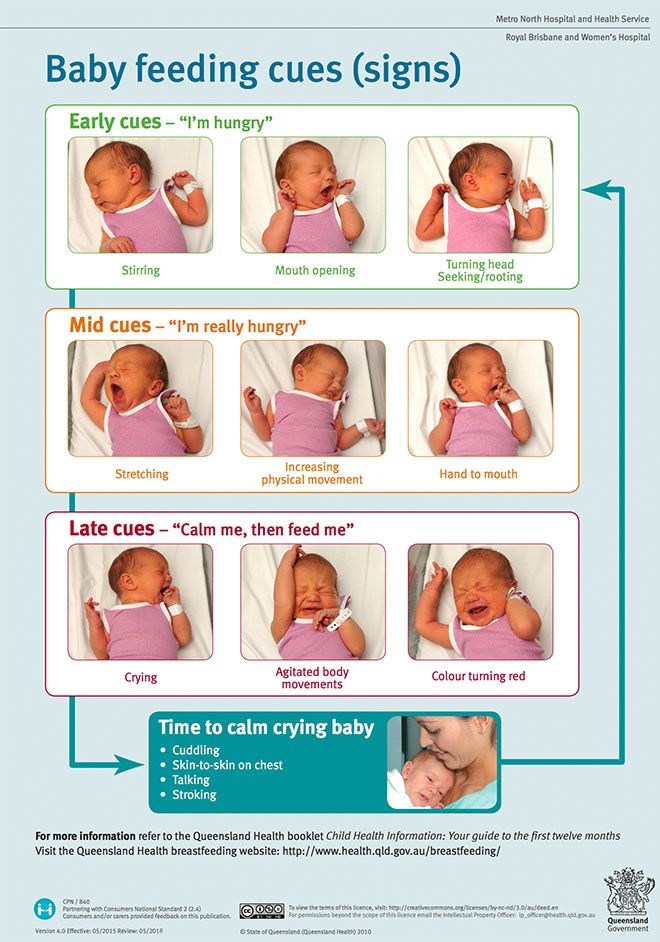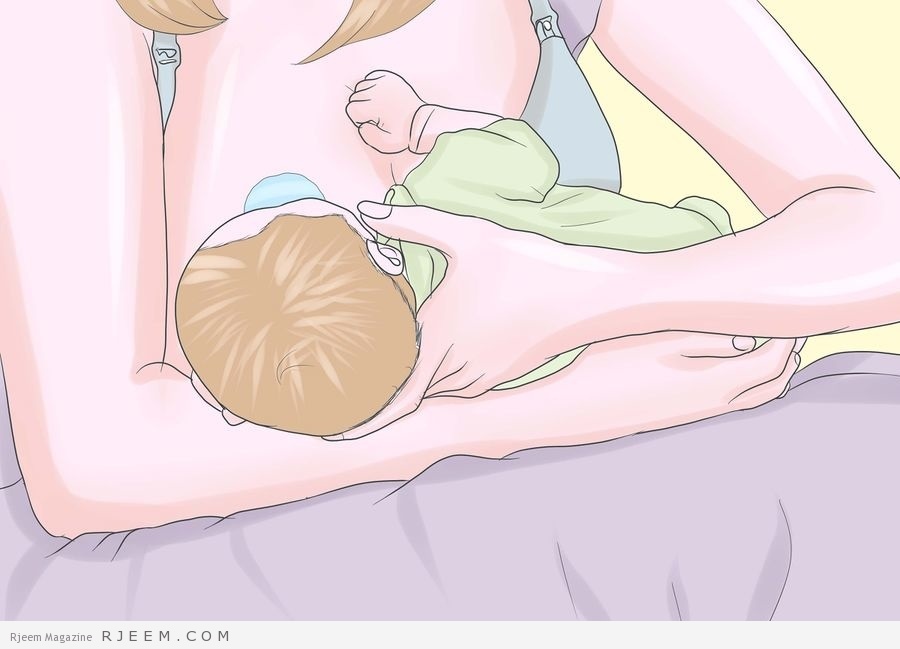First food for baby in islam
Islamic and Cultural Practices in Breastfeeding
SHAHEDA YASHMIN, CLAPHAM, GREAT BRITAIN
FRANÇAIS
TÜRKÇE
Breastfeeding is important to me for several reasons. One reason is my religion. As a Muslim parent, I always try to follow Islamic guidelines and I was fascinated to discover breastfeeding is mentioned in the Quran1 (Islam’s holy book). As I read more about Islam and breastfeeding, I came across some controversial issues and realized that many cultural practices get mixed and confused with religious practices. As with any religion, some Muslims will adhere strictly to the religious teachings as defined by the Quran and Sunnah [sayings, practices and teachings of the Prophet Muhammad]. Other Muslims will take a more relaxed approach to the religion but may have heavy cultural influences. Helping Muslim mothers adopt good breastfeeding practices requires an understanding of the differences between the religious basis of breastfeeding and the cultural practices followed by some Muslims.
Most Muslims see breastfeeding as the God (Allah) given right of the child according to the rules of Shariah (Islamic Law). The religious laws regarding breastfeeding are all from the Quran and give parents a degree of flexibility and choice.
DURATION OF BREASTFEEDINGFollowing the teachings of the Quran, Muslim mothers often aim to breastfeed their babies until the age of two years. This refers to the Islamic months—the lunar year—so it will be approximately 22 days before the child reaches his/her second birthday. However, it is not mandatory to breastfeed a child for two years if both the parents agree to wean the baby for a legitimate reason.
When Muslim mothers face breastfeeding problems, they may feel very disappointed and scared that they might not be able to reach their goal of breastfeeding for two years and often may experience feelings of guilt. Reassuring mothers that they tried their best is what counts and can be a helpful way to put things into perspective.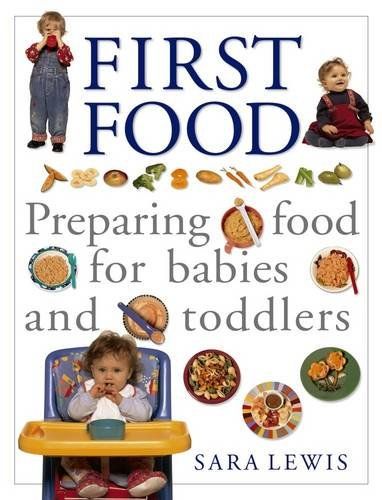 In many modern cultures the duration of breastfeeding is much shorter, often ending after one year.
In many modern cultures the duration of breastfeeding is much shorter, often ending after one year.
There is a huge variation in practice regarding the maximum age limit for breastfeeding, depending on which school of Islamic jurisprudence the family chooses to follow. The opinions of Muslim scholars fluctuate, but generally range between two and seven years. This means that any mothers who prefer a more natural weaning approach have the flexibility to do so. In some cultures extended breastfeeding is frowned upon. For example in the sub-Indian cultures it may be acceptable for a girl to be nursed for longer, but not for a boy.
WEANINGWeaning methods are heavily influenced by cultural practices in Muslim families, as there is no specific mention of how to wean in the Quran. Bangladeshi families may have a weaning celebration at six months when solids are first introduced by giving the baby six rice grains. In some African-Muslim tribal cultures (Hausa cultural belief), babies are expected to have water as well as breast milk from birth and mothers may even have their colostrum expressed before nursing their baby. Some India-Pakistan cultures also used to have this belief in the past. There is a vast range of practices within different tribal groups. In addition, breastfeeding while pregnant may seem strange and unacceptable in some cultures. Mothers may rush to wean their child if they become pregnant thinking that it is unsafe or that the milk will be spoiled.
Some India-Pakistan cultures also used to have this belief in the past. There is a vast range of practices within different tribal groups. In addition, breastfeeding while pregnant may seem strange and unacceptable in some cultures. Mothers may rush to wean their child if they become pregnant thinking that it is unsafe or that the milk will be spoiled.
Soon after the birth of a baby, many Muslim families practice a religious tradition of prelacteal feeds known as “Tahneek”. This originates from the Hadith (sayings of the Prophet). Tahneek is the practice of softening a date and rubbing a bit of it on the hard palate of the newborn’s mouth with a clean finger. It is only the “taste of the sweetness” that is sought. Sometimes honey or cane sugar is used instead.2 Sometimes it will be a close relative (usually the grandparents) who gives the baby this first taste and occasionally they may put a large quantity in the baby’s mouth not knowing the negative effects that this could have.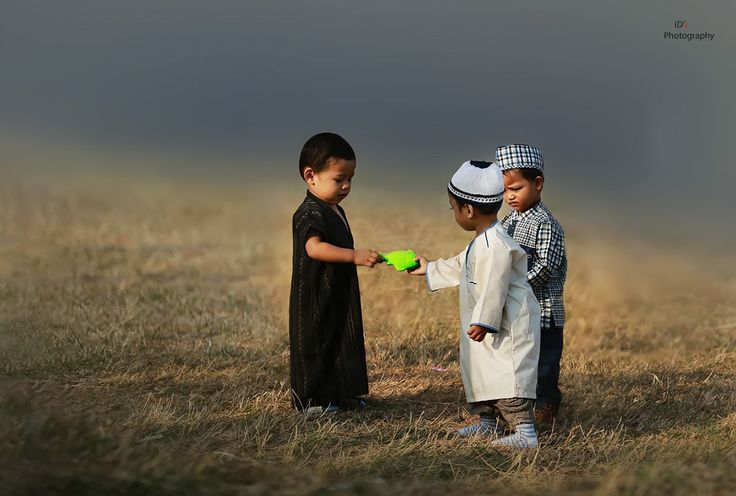 A medical professional who knows about these practices can help to explain the dangers sensitively.
A medical professional who knows about these practices can help to explain the dangers sensitively.
In Islam fathers play an important role in breastfeeding. Many of the responsibilities of fathers are mentioned in the Quran. Key responsibilities of a father include the following:
- The father provides moral support and encouragement.
- The father must provide the means to feed and clothe the nursing mother.
- The father must find an alternative milk source and pay the compensation in kindness if the baby’s mother does not breastfeed.
- If the father dies during the nursing period, the maintenance cost of the baby should be borne by his heirs (usually the baby’s paternal grandfather).
- Discussing and deciding weaning together with the mother is not a sin.
The fact that the father has to be the main person responsible for the finances is so important in Islam that even if a couple gets divorced, the father has to continue to pay for the mother’s and child’s expenses until the baby is weaned (within two years).
Although the father’s roles are clear, in many cultures the father does not seem to get as involved. Instead, extended family members help the mother and baby and may often hire a maid for the early days. Co-sleeping is very common and in many cultures the father will sleep in a different room for the first few weeks.
WET NURSING AND ADOPTIONWet nursing was a common practice in pre-Islamic Arabia and at the time of the Prophet Muhammad. He was breastfed by his own mother and two different wet nurses.
If the mother is unable to breastfeed, she and the father can mutually agree to let a wet nurse feed the child. This demonstrates the preference in Islam of feeding the baby human milk instead of animal milk. This aspect of Islamic culture has been lost in most Western countries and many Muslim mothers in the West who have problems breastfeeding usually turn to formula milk without considering a wet nurse. However, in Arab countries it is still widely practiced and Arab mothers may first look for a wet nurse within their extended families. See Milk Sharing in an Age of Social Media for information on LLLI milk donations policy.
See Milk Sharing in an Age of Social Media for information on LLLI milk donations policy.
Children who have been regularly breastfed (three to five or more times) by the same woman are considered “milk-siblings” and are prohibited from marrying each other. It is forbidden for a man to marry his milk mother (wet nurse) or for a woman to marry her milk mother’s husband.
Muslims who have adopted children may try their best to breastfeed the baby because under Islamic Shariah law, breastfeeding an infant three to five or more feeds when the child is under two years gives the adopted child the rights of a birth child. It also makes the child a mahram (an unmarriageable kin with whom sexual intercourse is considered incestuous). For a Muslim mother who wears the hijab (veil), this is usually very important to her since she is not required to veil herself in front of her adopted son when he reaches puberty, and this will give her more freedom.
DO BREASTFEEDING MOTHERS NEED TO FAST DURING RAMADAN?Ramadan is a month in the Islamic calendar when Muslims fast from dawn to dusk.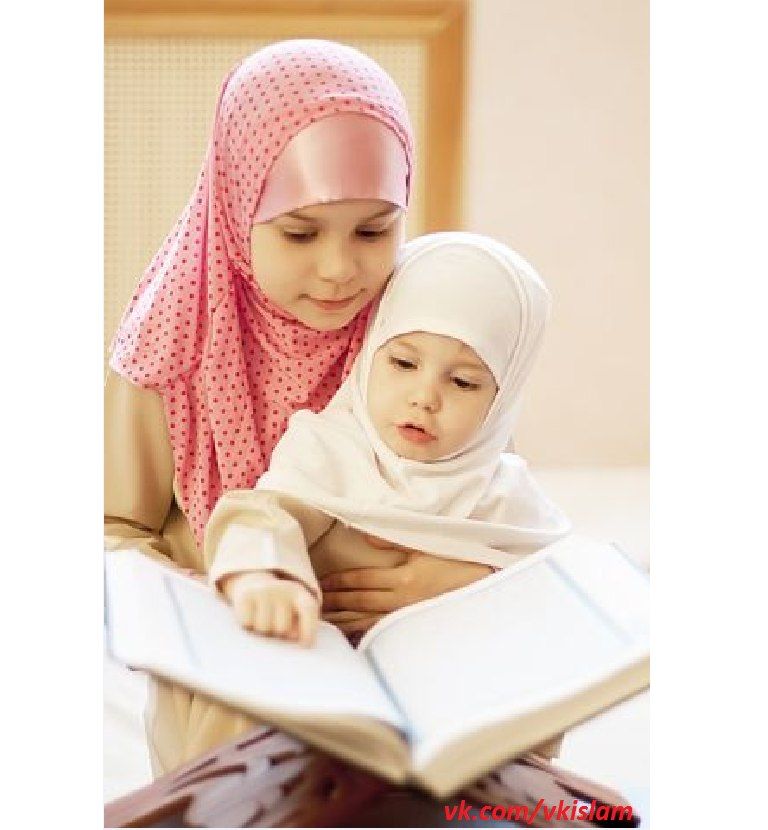 However, those with sound excuses are exempt from fasting, until the reason for which they have been exempted has passed. When Ramadan falls in the summer, the fasts are very long and many mothers worry about how they will manage to fast and continue breastfeeding. However, pregnant and breastfeeding mothers are exempt from fasting according to the Hadith.
However, those with sound excuses are exempt from fasting, until the reason for which they have been exempted has passed. When Ramadan falls in the summer, the fasts are very long and many mothers worry about how they will manage to fast and continue breastfeeding. However, pregnant and breastfeeding mothers are exempt from fasting according to the Hadith.
Some cultures interpret the Hadith very generally and will not fast at all if breastfeeding. In other cases and in Arab cultures in particular, mothers will only miss fasts in cases of hardship. They will often continue to fast during breastfeeding unless it has a negative effect on them or their babies. If they do not fast at the appropriate time, they will have to “pay back” the fast when they are able. Some mothers with children spaced very close together will choose to make up the fast after all of their children have weaned. Some scholars say that instead of making up the fasts, these mothers can pay a compensation by feeding poor people a meal for the number of fasts missed.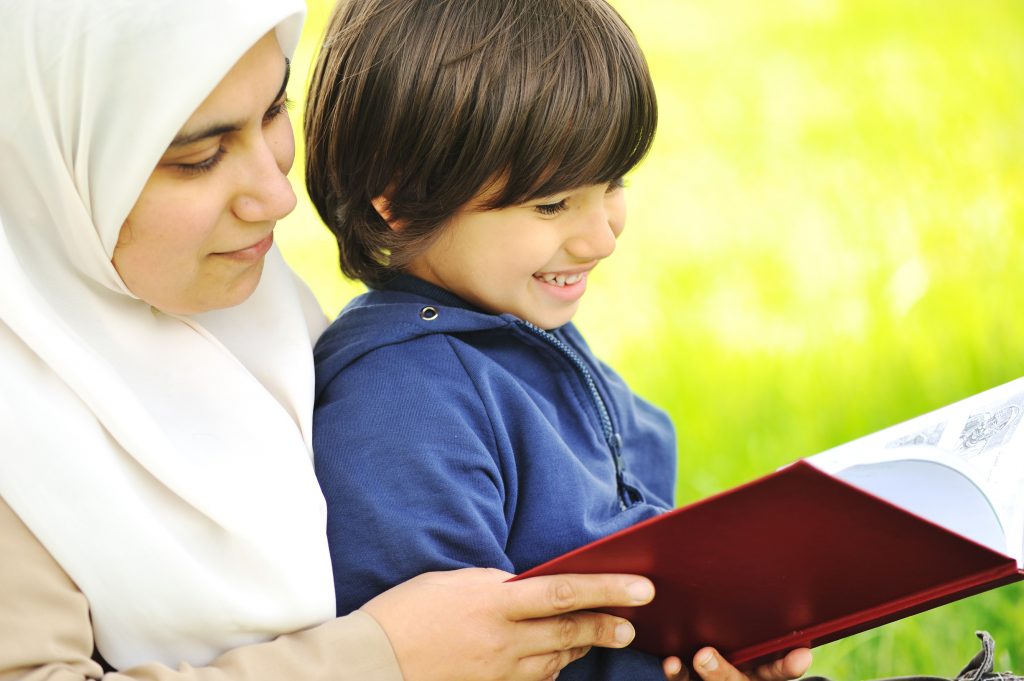
If a mother feels that she is able to fast, then it is important to keep herself well hydrated by drinking lots of water between Iftar (breaking the fast at sunset) and Suhoor (starting the fast at dawn). Making sure she eats a nutritious Iftar and Suhoor meal and has plenty of rest during the day will ease the fast.
FEEDING IN PUBLICAn important aspect of breastfeeding in Muslim cultures is the mother’s concern about her privacy and modesty when breastfeeding. Muslim mothers may worry about how they will feed in front of others without exposing their skin/breast. They may also have added pressure from relatives and husbands to cover up. In some cultures mothers feel uncomfortable with breastfeeding in front of people generally even if no skin is showing.
Having big families and frequent visitors in the early days can lead to disruption of breastfeeding because latching and positioning may need a good deal of attention. It is almost impossible to feed without showing a little skin and unfortunately for many Muslims this can pose such a difficulty that bottle-feeding seems like the easier option.
Once breastfeeding is going well, it becomes easier to cover up. There is a large variety of breastfeeding covers/aprons available to mothers to purchase or, if the mother wears a hijab, it may even be big enough to cover her baby. “Discreet” nursing can be challenging if a child totally refuses to be covered up. Wearing a loose nursing top can be useful in this situation.
Another problem arises if there are men around. Many mothers feel uncomfortable breastfeeding in the same room as men (and mahram men) even if nothing is showing and baby is well covered up. There may also be a taboo about saying the word “breastfeeding” in front of men, depending on the cultural traditions of the family.
SPECIAL FOODS TO INCREASE MOTHERS’ MILKMothers may be advised to take black seed (Nigella sativa) which is commonly known as “the blessed seed”. This is a very important herb in the Muslim community, as it is believed to have healing properties for most illnesses.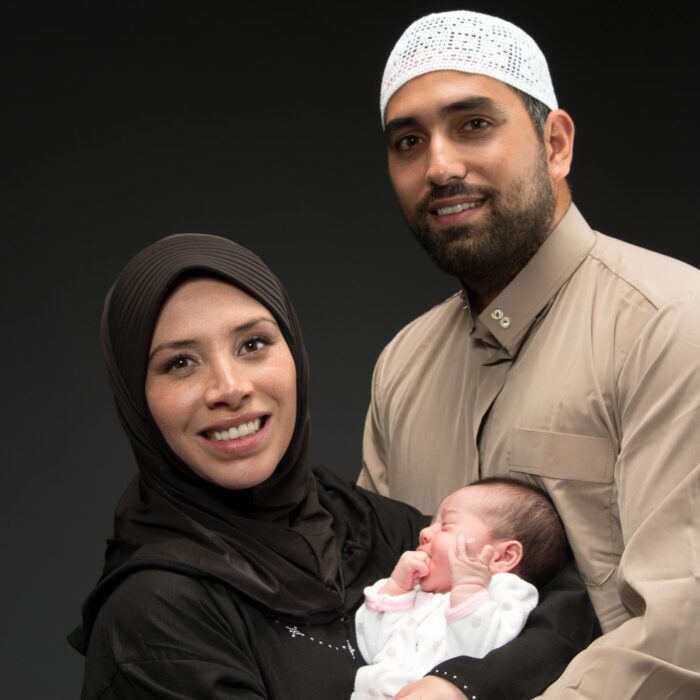 Many Muslims take it as part of a healthier lifestyle (although it should not be taken during pregnancy). Black seed3 can act as a herbal galactogogue.
Many Muslims take it as part of a healthier lifestyle (although it should not be taken during pregnancy). Black seed3 can act as a herbal galactogogue.
Another food that Muslim mothers may be encouraged to eat during labor and post-partum are dates. This is because in a Quranic verse Mary was told to eat dates at the time of giving birth to Jesus.
Dates have high sugar content for that burst of energy that is needed after an exhausting labor. Dates contain many vitamins and minerals including iron and are high in fiber. They also contain substances that have similar properties to oxytocin, which is essential for the let-down reflex to occur.
In Egyptian culture mothers are given “mughaat,” which is a special mix of powdered fenugreek seeds with nuts fried in butter and sugar, to increase a mother’s milk. Mothers are also encouraged to have a lot of broth and soup post labor. In some African cultures certain herbs are rubbed on the breast to increase milk and in some regions mothers are given special diets for 40 days. Chile foods are usually restricted but one African tribe actually encourages the new mother to have plenty of chile in the belief that it will increase her milk supply. Again there is a huge difference among the various cultures. Bangladeshi mothers have their drinking water restricted in the first few days because it is believed that it will make them swell up, but in neighboring cultures the mothers are given plenty of water. Pakistani mothers are usually also given a dish or drink containing fenugreek seeds to help with milk supply.
Chile foods are usually restricted but one African tribe actually encourages the new mother to have plenty of chile in the belief that it will increase her milk supply. Again there is a huge difference among the various cultures. Bangladeshi mothers have their drinking water restricted in the first few days because it is believed that it will make them swell up, but in neighboring cultures the mothers are given plenty of water. Pakistani mothers are usually also given a dish or drink containing fenugreek seeds to help with milk supply.
There are many variations in the Islamic and cultural practices of Muslim mothers. Although this information is not exhaustive, I hope it will be useful to you when supporting Muslim mothers.
1Traditionally called “Koran” in English.
2Honey can sometimes contain spores of a bacteria that can cause botulism in babies; a very serious illness. Health authorities recommend against giving a baby honey until they’re 12 months old.
3Lactmed says “ Black seed has been used orally as a galactogogue in India; however, no scientifically valid clinical trials support this use.”
McKenna, K. and Shankar, R. The Practice of Prelacteal Feeding to Newborns Among Hindu and Muslim Families Journal of Midwifery & Women’s Health 2009;54(1):78-81.
Shaheda Yashmin has been a Leader for three years and her children are now aged eight and five. Shaheda is homeschooling her children, is a student of Arabic, and blogs at Motherly Nurturing.
When to Start Feeding Your Baby Solid Foods?
04 August, 2020
Q What is the suitable time to start feeding the baby other kinds of food beside milk? What kinds of food suitable for them? May Allah bless and help you!
In this counseling answer:
•In addition to breastfeeding, you can start to slowly introduce soft solids, puréed vegetables and meats.
•Introduce this very slowly so that the stomach has an opportunity to learn how to digest the solid food.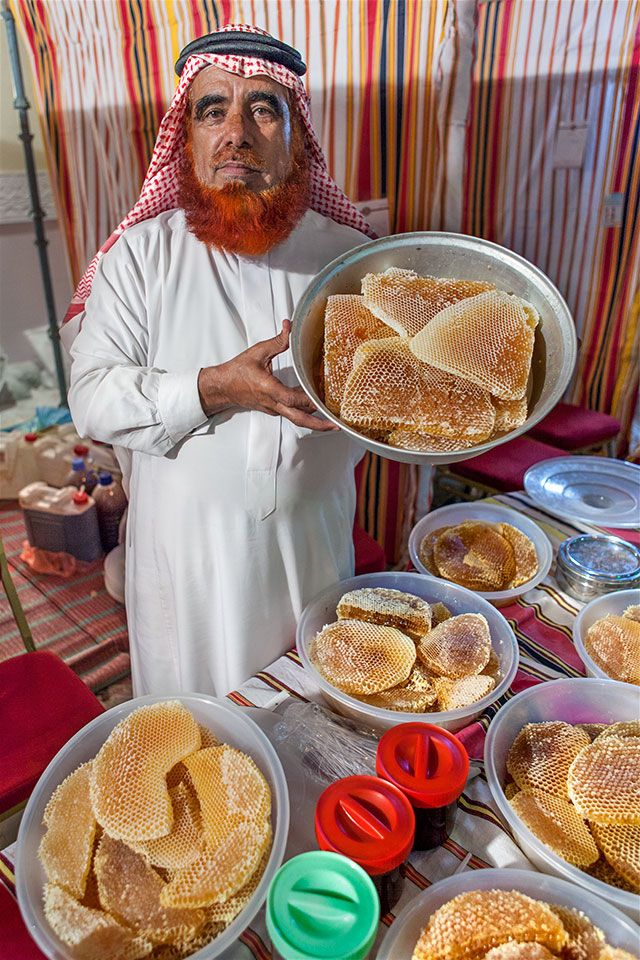
•Around 9 months old, the baby will be willing to either transition to a bottle, or, just start using a cup.
•When the baby gets a few teeth, you can put some soft-cooked broccoli or vegetables, or other healthy food chopped up into small bites on his/her plate. The baby can start learning how to chew solid foods.
As-salamu `Alaykum,
First, I must explain to you that I am not a medical doctor, or a nutritionist, or a pediatrician. I will speak only from my own experience as a mother.
Ads by Muslim Ad Network
Also, there are many different schools of thought on this, I am just speaking as a mother and letting you know my own personal preference.
If you can breastfeed, do this until the baby is between 9 months and 15 months old. But in addition to the breastfeeding, you can start to slowly introduce soft solids, puréed vegetables and meats.
Introduce this very slowly so that the stomach has an opportunity to learn how to digest the solid food.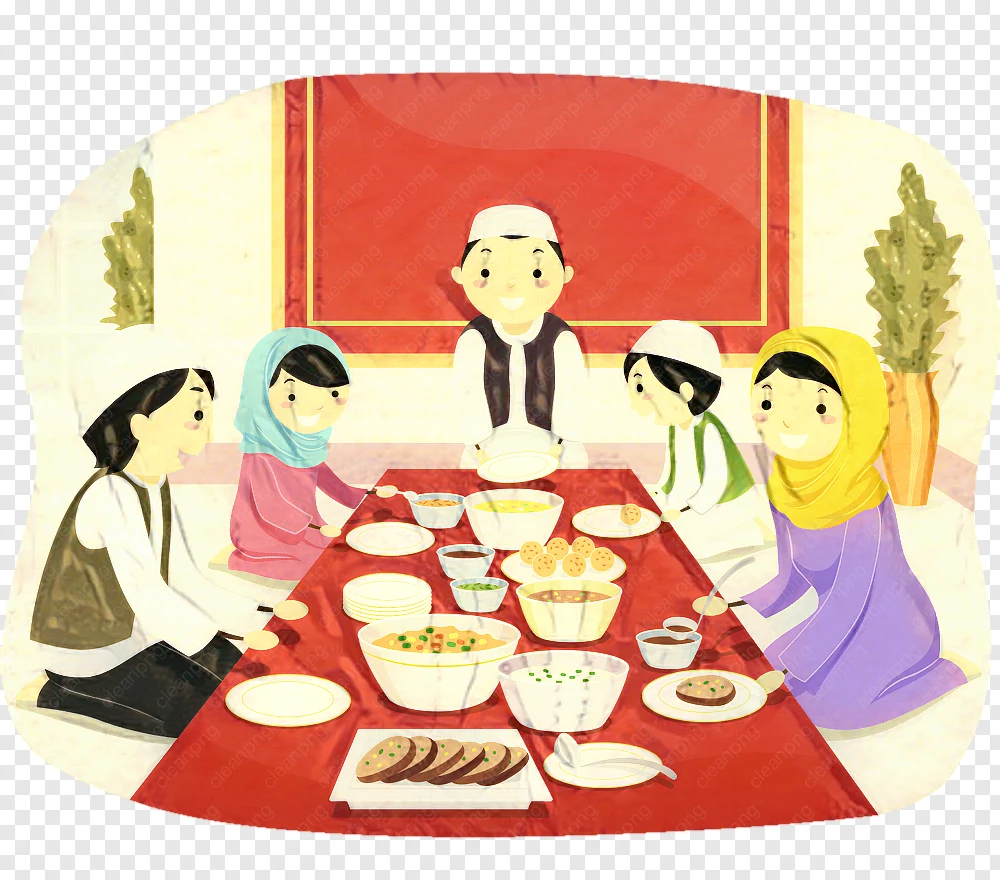 Increase the amount from one ounce to one and ½ ounce the next week and so on until your baby is eating three “meals” a day.
Increase the amount from one ounce to one and ½ ounce the next week and so on until your baby is eating three “meals” a day.
At around 4 to 6 months, baby can usually tolerate some puréed oatmeal or cream of wheat. When they start to eat solids, they drink less milk.
Although I prefer breastfeeding, because it really helps with the immune system, at the age of three months, you can start giving a little formula. This will help the baby acquire a taste for it.
Around 9 months old, the baby will be willing to either transition to a bottle, or, like my first baby, just start using a cup.
When the baby gets a few teeth, you can put some soft-cooked broccoli, or vegetables, or other healthy food chopped up into small bites on his/her plate. The baby can start learning how to chew solid foods.
At the beginning, this will be a big mess and not much will actually get into baby’s mouth, but eventually, if you find a soft food that he/she really likes, the baby will start to learn how to eat.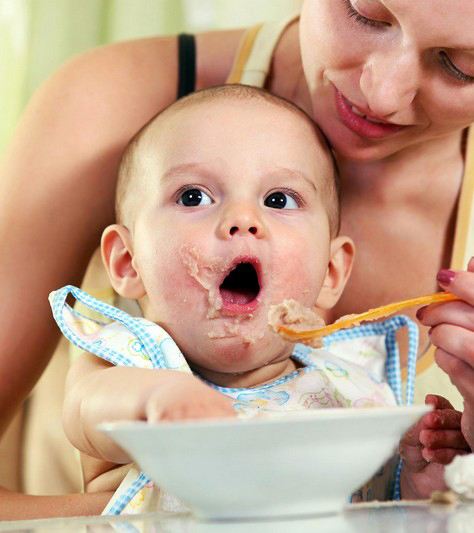
Supplement with the puréed baby food and formula so that baby is getting enough protein. As your baby gets more teeth, and the ability to pinch fingers together develops, you can start to put a small bite of cereal on her/his plate.
By the time the baby is a year old, you will probably not be puréeing much, and the amount of breast milk or formula that baby wants will have decreased as you will be increasing the amount of tiny bites of solid food that baby gets. The transition from formula or breast milk to regular milk should be slow.
Just start to introduce the whole milk into the formula or breast milk a little at a time so that the stomach gets used to it and also the baby acquires a taste for it.
By 2 years old, the baby will be eating solid food, cut up into small bites, using his/her fingers to eat finger food, and drinking milk. Some children are allergic to milk and are lactose intolerant, so if you find that milk is giving your baby a stomach ache, try to get your baby to drink soy milk or rice milk instead.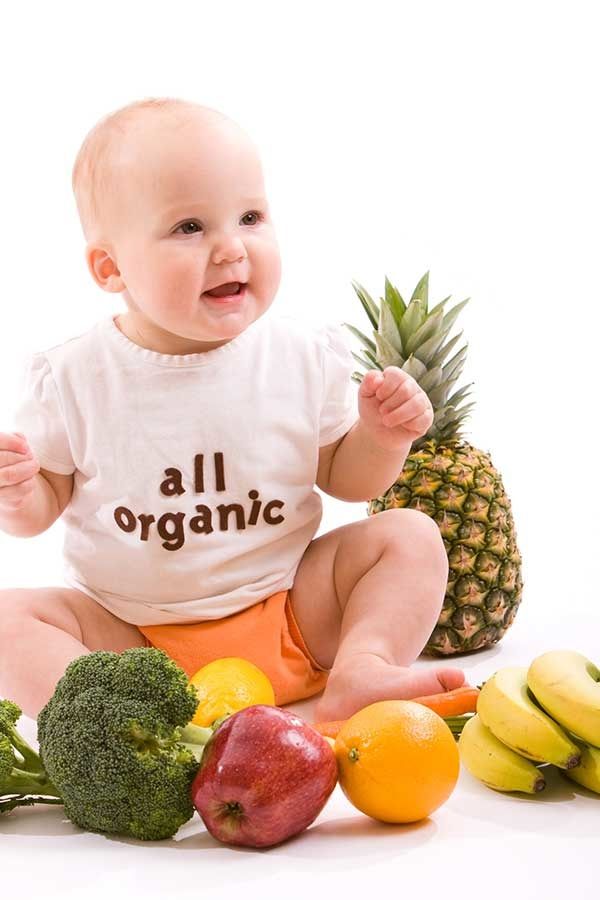
Check out this counseling video:
I hope this information is helpful for you. Is your wife helping you with the baby? Is this your baby?
***
Disclaimer: The conceptualization and recommendations stated in this response are very general and purely based on the limited information that was provided in the question. You are strongly advised to seek face-to-face counseling and consult your physician or therapist when making a drastic change in your lifestyle in terms of behavior, medication or diet etc.
Read more:
https://aboutislam.net/counseling/ask-about-parenting/how-do-baby-led-weaning/
Sharia norms related to the birth of a child
One of the distinguishing features of Islam is that it has many traditions and rituals associated with the birth of a child.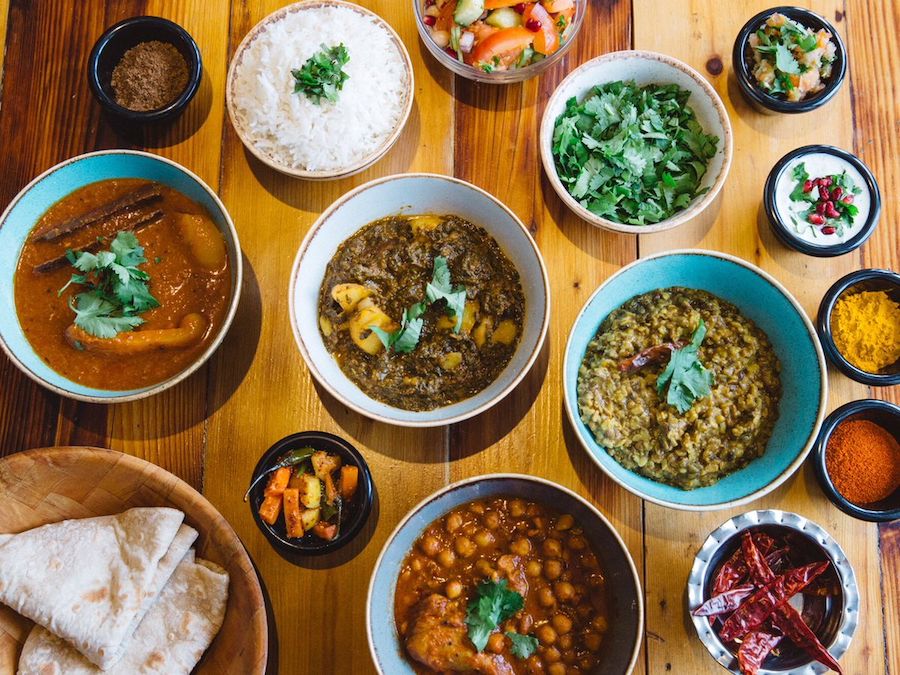 Further education of the child is in accordance with them.
Further education of the child is in accordance with them.
1. Rituals and traditions at the birth of a child
Notice of the birth of a child and congratulations
Children are a gift and mercy of the Almighty. Therefore, it is advisable for a Muslim to congratulate the parents of the newborn and their relatives as soon as possible. It is also sunnah to read the following dua (prayer): "O Allah, help the father and mother to raise a child of high morals and give them the strength to raise him, who respects Islam."
These congratulations and wishes fill the hearts of parents with joy, strengthen fraternal relations between Muslims, resulting in stronger harmony and friendly ties in society.
The importance of notification and congratulations is also evidenced by the fact that this is said in several places of the Holy Quran. So, the Almighty said:
يooth زicles feath إämpّا وiform وiform lf iod وغail. Ru ال bow الinct يooth لىUSى لail.RuP لORhouse ل clotting inct قicles imes № around 9000 “On clerk! Indeed, We give you glad tidings of a boy (son), whose name will be Yahya. (Sura Maryam: 7)
Ru ال bow الinct يooth لىUSى لail.RuP لORhouse ل clotting inct قicles imes № around 9000 “On clerk! Indeed, We give you glad tidings of a boy (son), whose name will be Yahya. (Sura Maryam: 7)
The Messenger of Allah (peace and blessings of Allah be upon him) congratulated the parents of the newborns and made dua for them.
Since children are a gift from Allah Almighty, parents should be informed about the birth of a child and congratulated not only at the birth of a boy, as is customary in some countries, but also at the birth of a girl. From Jabir ibn ‘Abdullah (may Allah be pleased with him) it is transmitted that he once heard the Messenger of Allah (peace and blessings of Allah be upon him) say:
مَنْ كَانَ لَهُ ثَلَاثُ بَنَاتٍ، يُؤْوِيهِنَّ، وَيَكْفِيهِنَّ، وَيَرْحَمُهُنَّ، فَقَدْ وَجَبَتْ لَهُ الْجَنَّةُ الْبَتَّةَ، فَقَالَ رَجُلٌ مِنْ بَعْضِ الْقَوْمِ: وَثِنْتَيْنِ، يَا رَسُولَ اللَّهِ؟ قَالَ: وَثِنْتَيْنِ
"For the one who is the father of three daughters, to whom he will provide shelter, support and marry, Paradise will become obligatory. " Then he was asked: "What if he has two daughters?" The Prophet (peace and blessings of Allah be upon him) replied: “Even if he has two daughters.” (Bukhari in Al-Adab al-Mufrad, 78)
" Then he was asked: "What if he has two daughters?" The Prophet (peace and blessings of Allah be upon him) replied: “Even if he has two daughters.” (Bukhari in Al-Adab al-Mufrad, 78)
The father of the child should also congratulate his wife, who was safely discharged from the burden, and thank the Almighty. In some families, it has become a tradition to give flowers and give gifts to the parents of the child. This is not contrary to the spirit and letter of Islam.
Reading adhan and iqamah
It is desirable that immediately after the birth of the child, the father reads into the right ear of the newborn
In addition, the words of the testimony of Monotheism ( la ilaha illa Allah ) drive away the accursed shaitan and protect the child from his machinations.
Tahnik
The next sunnah associated with the birth of a child is tahnik. It consists in rubbing the baby's gums on the left and right with the pulp of a ripe date. If there is no date, you can use any sweetness: honey, sweets, sugar.
The hadith narrated by Abu Musa (may Allah be pleased with him) testifies to the desirability of this:
Head shaving
On the seventh day of a child's life, the head is shaved. Baby hair should not be thrown away, it should be collected and weighed. It is desirable for parents to distribute to the poor and those in need as alms an amount of gold or silver corresponding to the weight of the hair. Then it is better to bury the hair in a clean place.
The meaning and purpose of shaving a baby's head is as follows:
– it strengthens the hair and scalp; while simultaneously improving vision, smell and hearing;
“The Messenger of Allah (peace and blessings of Allaah be upon him) slaughtered an aqiqa for Hassan and said: “O Fatima, shave his head and give alms to the poor with silver according to the weight of his hair. ” (Tirmizi, 1519)
To our great shame and regret, today many Muslims have no idea how the best of the sons of Adam, our Prophet Muhammad (peace and blessings be upon him), acted after the birth of a child. Those who know this often do not adhere to these sunnats.
The observance of these rites, despite the fact that they are only desirable actions, is considered a very important and charitable deed. Further successes are associated with them in raising a child and his behavior.
The complex starts with the simple, the big starts with the small, the obligatory starts with the desirable. Therefore, if we are not attentive to desirable actions, then this will inevitably and naturally lead to negligence in duties.
Let us observe the norms of Islam not only in words, but also in deeds!
2. Naming and its rules.
Naming is a very important and significant event in the life of a newborn baby.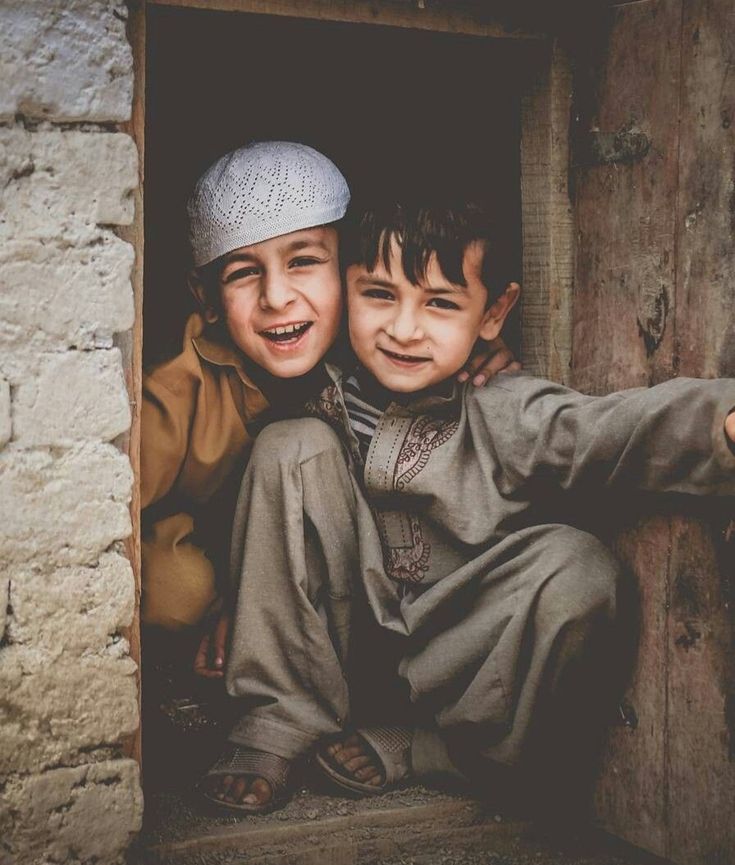 The name is an integral part of both the personality and the soul of a person. Therefore, Islam pays great attention to this issue. All norms related to naming have their own explanation and practical use. Let's take a look at some of them.
The name is an integral part of both the personality and the soul of a person. Therefore, Islam pays great attention to this issue. All norms related to naming have their own explanation and practical use. Let's take a look at some of them.
As already noted in the above hadiths, it is best to sacrifice (make aqiqah) for a baby on the seventh day from the birth of a child. However, akiki is not limited to this day.
It is equally desirable to sacrifice a sheep both at the birth of a boy and at the birth of a girl. But at the birth of a boy, it is preferable to slaughter two sheep, and at the birth of a girl, one. It is also allowed to kill one for a boy.
It is undesirable to break the bones of a slaughtered animal.
When dressing the carcass of a slaughtered sheep, preparing the meat and while eating, care must be taken not to break the bones of the victim. Each bone must be separated from the other at the joint.
Norms related to akiki
The sheep intended for sacrifice (akiki) must be one year old. It is also necessary that it be healthy, whole, unharmed, without flaws and shortcomings.
It is also necessary that it be healthy, whole, unharmed, without flaws and shortcomings.
Sheep are not allowed to be blind, lame, toothless or earless. But it is permissible to sacrifice a sheep if it has small defects, such as broken horns or a mark on the ears, a slight lameness.
Benefits of Akika
Akika is a sacrifice for the Almighty for a newborn in the first days of his existence in this world. It serves as an expression of gratitude to Allah, the Bestower of blessings.
This is a kind of atonement for a child in order to save him from troubles and temptations, this is a manifestation of joy at the birth of a baby, strengthening love and harmony, social harmony between different strata of society.
Why whale liver will be the first food of the inhabitants of Paradise?
Praise be to Allah.
First. It is given in a reliable Sunnah that the first treat for the inhabitants of Paradise at the entrance to it will be the best part of the whale's liver. This is mentioned in a hadith from Sauban, a freedman of the Messenger of Allah, peace and blessings of Allah be upon him. Once one of the learned Jews came to test the Messenger of Allah, peace and blessings be upon him. The hadith mentions: “The Jew asked:
This is mentioned in a hadith from Sauban, a freedman of the Messenger of Allah, peace and blessings of Allah be upon him. Once one of the learned Jews came to test the Messenger of Allah, peace and blessings be upon him. The hadith mentions: “The Jew asked:
- What gift will they have when they enter Paradise?
To which the prophet, peace and blessings be upon him, replied:
- The best part of whale liver.
- What will be their food after that?
- For them they will slaughter the bull of Paradise that grazed within Paradise.
- What will they drink it with?
- They will drink from a spring called Salsabil ”(cited by Muslim under No. 315).
An-Nawawi, may Allah have mercy on him:
As for the word "an-nun", which comes in the hadeeth, then, according to the unanimous opinion of all scientists, it means a whale (or a huge fish). As for the expression “zaida al-kabid”, it refers to a separate process in the liver, which is the most delicious part of it (Sharh Muslim. - T. - 17. - P. 135-136).
- T. - 17. - P. 135-136).
This is confirmed by other hadiths that are given in other books on hadith (in two books of Sahihs and in the books of Sunan). We have chosen this variant of the hadeeth because it distinguishes between the first treat or gift for the inhabitants of Paradise (the liver of the whale) and their food after that (the meat of the bull of Paradise).
Second. We do not know what is the wisdom that the first food of the inhabitants of Paradise will be the best part of the whale's liver. However, we believe that Allah has perfect wisdom, that He is Knowing and Wise. He said about himself:
See al-Alusi. - Ruh al-ma'ani. – T. 7. – P. 94.
Thirdly. As for the medical benefits of human consumption in this world of whale liver, they are numerous. This is mentioned by doctors and nutritionists. Here are some of them: lowering the level of cholesterol in the blood, reducing the amount of fat in the body, reducing joint pain. Whale liver is rich in vitamin D, which is also very useful.